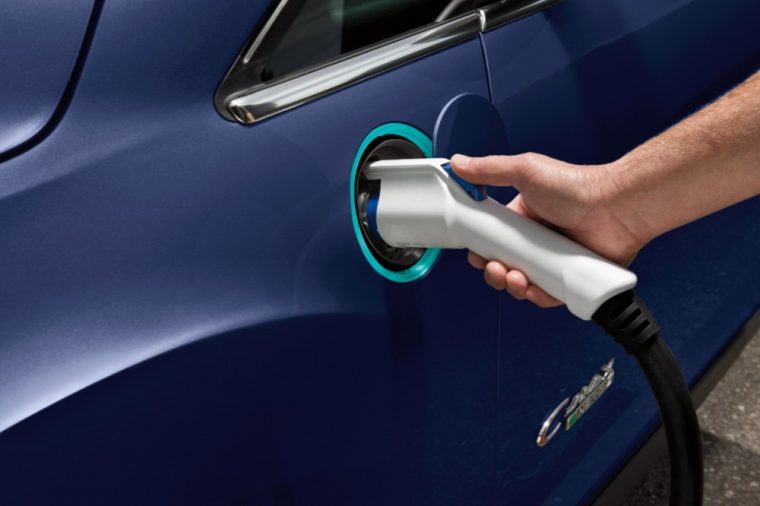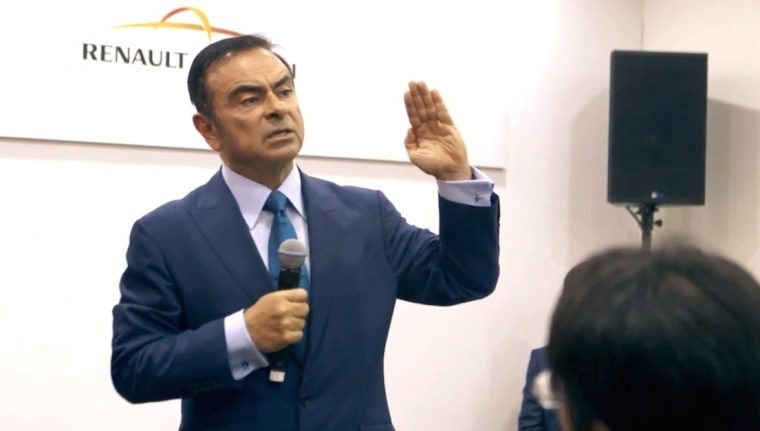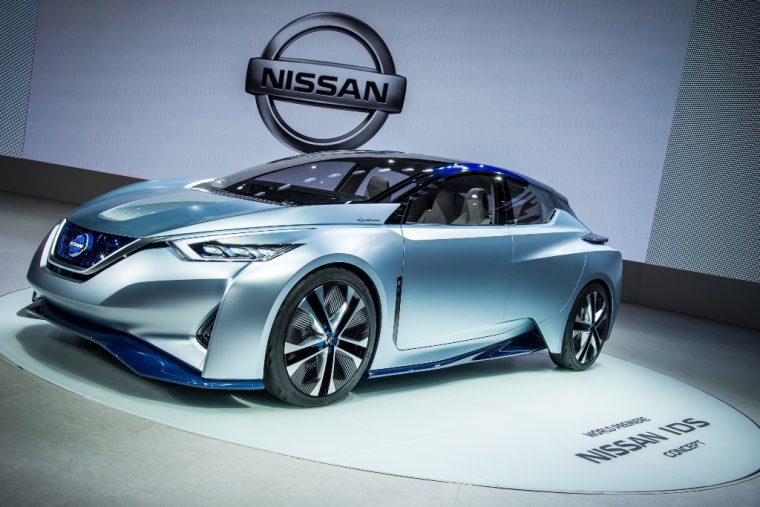Auto Execs Agree Infrastructure Is Key to Electric Vehicle Success, Still Don’t Want to Pay For It
In this week’s episode of “Stating the Obvious,” executives from two different car manufacturers made statements that revealed the astounding fact that one of the problems with electric vehicles is that there aren’t enough charging stations. The first was Carlos Ghosn of Renault-Nissan, who spoke at the New York Auto Show, saying, “The main problem of electric cars is people complaining that there is no infrastructure.”
Meanwhile in Stuttgart, Germany, Stefan Niemann of Audi‘s electric car division echoed Ghosn’s message in a more “hip dude” kind of way, saying “We need awesome cars and a seamless infrastructure.” This, by the way, was at a meeting of the Technical Congress of the VDA, Germany’s automotive industry organization.
Niemann also went on to talk smack about internal combustion engines, saying that “those who had ever driven electrically are lost for the internal combustion engine for all times.” Later, he added that car buyers want an environmentally-friendly electric car and are even willing to pay a premium for them, as shown by the success of the Tesla Model S, as long as they don’t have to sacrifice the fun of driving and can recharge their cars in a quick manner wherever they like (aka, the thing Tesla is doing). Niemann continued to praise Tesla, especially for making its own infrastructure while the rest of the car manufacturers were waiting for someone else to do it.
So yes, everyone agrees that electric cars just need that charger network to succeed. And what are these auto executives going to do about it?
Er, nothing much. Niemann is from Audi, which is strapped for cash following its parent company Volkswagen‘s diesel emissions scandal (still ongoing), so he’s out. However, Nissan is doing great. If you search “Nissan sales” on The News Wheel, you see headline after headline proclaiming Nissan’s sales breaking record after record. What is Ghosn doing about this lack of charging infrastructure?
Asking the world’s governments to do it. At the auto show, he also said, “Governments, in order to encourage the industry to move in this direction, they’re going to have to finally build the infrastructure.”
Quick statement of opinion, here: Ghosn, why doesn’t Nissan-Renault build them? The alliance is certainly not strapped for cash, and you are very proud of the LEAF, which has been one of the highest-selling electric cars in the entire world. On top of that, you have always said that electric cars are the future—your recent IDS concept, an all-electric autonomous car, is is proof of that attitude.
Beyond that, you obviously don’t appreciate government interference, as shown by your recent internal battle with the French government over control. So, why not take the future into your own hands?
Here is a suggestion, which could apply to any electric car manufacturer: why not offer your dealers incentives to install their own charging stations? You could offer free charging at these stations as an incentive to buy your own electric vehicles. Then, offer to allow people without your electric cars to charge up for a small fee—with the relatively low cost of electricity, you could beat the heck out of the going rate for gasoline. As a result, you could boost sales of your own electric vehicles while creating your own network of charging stations across the country, bringing in revenue both from your own electric cars and from your competitors’.
Of course, it could be that in the short term, building power stations will be pretty expensive, and more than anyone is willing to risk. However, without that infrastructure, electric cars cannot take off, and other technologies backed by companies who are willing to build infrastructure (looking at Toyota and Honda making hydrogen fuel cell electric cars and building fueling stations in California and Japan) will have an opportunity to take the lead. And really, it doesn’t seem like a good business practice to graciously bow your head and allow someone else to go first.
News Source: Gas2.org

The News Wheel is a digital auto magazine providing readers with a fresh perspective on the latest car news. We’re located in the heart of America (Dayton, Ohio) and our goal is to deliver an entertaining and informative perspective on what’s trending in the automotive world. See more articles from The News Wheel.





